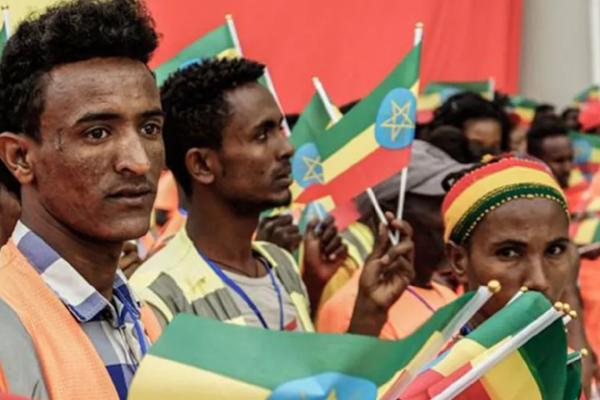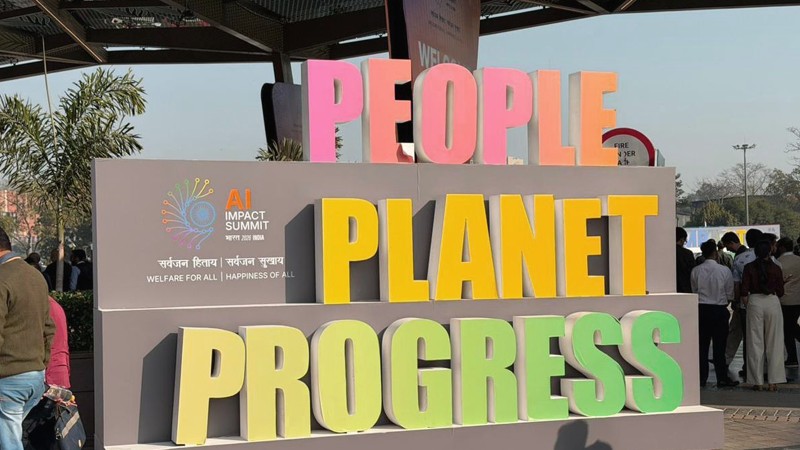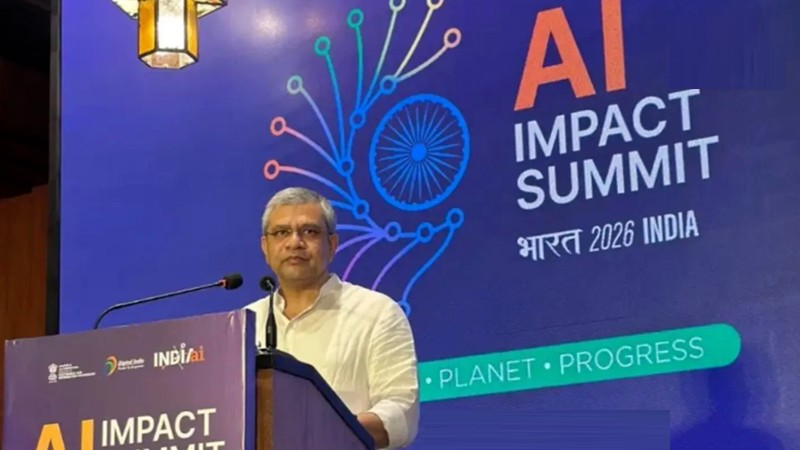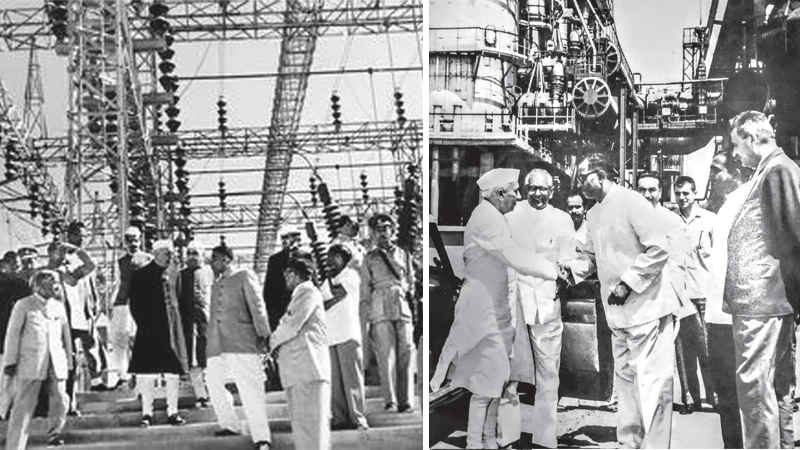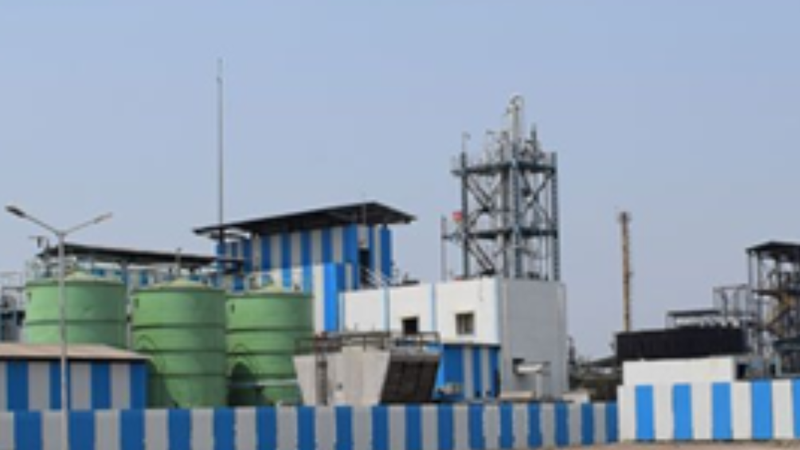India’s Strategic Silence on Russian Oil: Balancing Autonomy and Pragmatism
Editorial
A Mandate for Boldness: Mamdani’s Victory Signals New York’s Progressive Dawn
Zohran Mamdani’s decisive victory in the 2025 New York City mayoral race is not merely expected—it is earned. The 34-year-old democratic socialist, a son of Ugandan-Indian immigrants, has transformed from a long-shot challenger into the youngest mayor in over a century, and the city’s first Muslim and South Asian leader. This is no fluke. It is the culmination of a campaign rooted in lived experience, relentless organizing, and a vision that speaks directly to the working-class New Yorkers long priced out of their own city.
The numbers tell part of the story: a nine-point general election win, a 43-point margin among voters under 45, and record turnout exceeding two million. But the deeper truth lies in the coalition Mamdani built—renters, gig workers, immigrants, and youth—who saw in him not a politician, but a peer who understands the sting of $3,500 studio rents and the absurdity of $30 halal carts strangled by red tape.
His agenda—free child care, city-run grocery stores, a Green New Deal for housing—is ambitious, yes, but not utopian. It is a direct response to a city where inequality has become infrastructure. Critics will cry “radical.” Let them. Mamdani’s platform is simply what happens when you listen to the subway conductor, the bodega owner, the nurse working double shifts—not the donor class.
Yes, challenges loom: a $115 billion budget under federal siege, a divided Council, and a Trump White House eager to demonize. But Mamdani has already proven he can win where others falter—flipping the Bronx, bridging Black and brown communities, and turning viral moments into voter turnout.
This is not the end of a campaign. It is the beginning of accountability. New York has chosen hope over cynicism, inclusion over exclusion. Mayor-elect Mamdani now carries the weight of that trust. The city that never sleeps demands he deliver. And for the first time in decades, it believes he will.
Bihar's Verdict: A Referendum on Reality
The curtain rises on Bihar’s high-stakes electoral drama, with the first phase of polling set to decide the fate of 121 constituencies. This is more than a routine election; it is a stark referendum on governance, a raw test of political narratives against the harsh reality of daily life. As the dust from the frenetic campaign settles, the electorate is left to weigh the spectre of a lawless past against the grim portrait of a stagnant present.
The ruling NDA, with its full arsenal of star campaigners, has pitched this battle as a binary choice between development and the return of "Jungle Raj." It is a fear-based narrative, meticulously crafted to remind voters of a chapter they would rather forget. The opposition INDIA bloc, meanwhile, has anchored its campaign in the visceral issues of the here and now: the crushing burden of unemployment, the despair of forced migration, and the crumbling pillars of education and healthcare. Their promise of ten lakh jobs is a direct counter to the NDA's politics of memory.
Caught in this crossfire is the voter, whose lived experience is the ultimate arbiter. The flood-ravaged fields, the empty pockets of educated youth, and the understaffed primary health centres are testaments to systemic failures that no campaign rhetoric can easily erase. The entry of Prashant Kishor’s JSP, though an underdog, underscores a burgeoning desire for an alternative beyond the two dominant alliances.
This first phase will reveal whether the people's vote is driven by the fear of what was, or the frustration with what is. The result will be a crucial indicator of whether Bihar chooses to be governed by the ghosts of its past or the urgent demands of its future. The verdict will echo far beyond the state, offering a lesson in the evolving priorities of the Indian electorate.


 SAS Kirmani
SAS Kirmani


